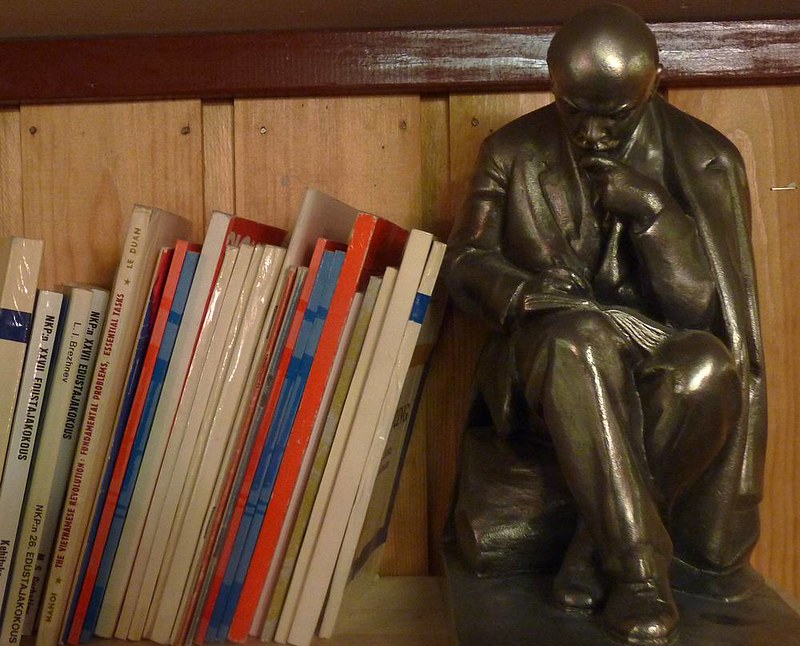Introduction And Index To New Series On The Dawn Of Everything
Index
Enough With Hobbes And Rousseau
Symbolic Violence In Politics
The Origins Of European Thought On Inequality
Attitudes Toward Freedom And Equality
The Insights Of Kandiaronk
A Brief Introduction To The History Of Early Modern Humans
The Sophistication Of Forager Societies
Cultural Differentiation In Non-Agricultural Societies
Women Led The Move To Farming
The Rise Of Cities In Eurasia
Egalitarian Cities In Early Central America with a side note on the rise of religion
The Search For The Origins Of The State
The Dawn Of Everything by David Graeber and David Wengrow is an effort to evaluate and replace a fundamental set of ideas about human history.
The Authors. David Graeber was an American anthropologist, famous partly because he’s one of the few academics who identify as anarchists. He taught at Yale from 1998 to 2005 but was denied tenure for obscure reasons having nothing to do with his anarchism, I’m sure. He took a position at the London School of Economics where he taught until his untimely death in 2020. Here’s his Wikipedia entry. I’ve read Debt: The First 5,000 Years. He also wrote Bullshit Jobs.
David Wengrow is an archaeologist at the University College of London. Here’s his Wikipedia entry.
The Subject of the Book. Since the mid-18th Century, people have thought that human beings of more than 10,000 years ago lived in egalitarian hunter-gatherer bands, small groups that foraged for nuts and berries, and hunted for small game and fish. Eventually they developed agriculture and stopped their nomadic life-styles. This led to the idea of property, and as populations increased they began to live in small settled groups, then villages, then towns, and then in cities. Hierarchies arose to deal with the ensuing complexities, and bureaucracies and rules enforceable by state violence, and all this led to civilizations as we know them in all their hierarchical splendor. It’s an inevitable process, repeated around the world.
Graeber and Wengrow attribute this story to Rousseau, in an essay entitled Discourse on the Origin and the Foundation of Inequality Among Mankind, written in 1754. and to other Enlightenment thinkers of his day. It’s a pervasive story, one we all learn as if by osmosis. There is no alternative. This book is a first step towards a different origin story, one with much wider potential for human societies.
The authors explain that they set out to write about the origins of inequality, making Rousseau’s essay a good starting point. But they realized that wasn’t a very smart question, and that there are better questions, starting with why is that the question everyone asks, and moving on to other questions, such as:
1. Why are we stuck in a single social structure, repeated with minor variations everywhere?
2. Why are we satisfied with living in a society in which the interests of some people are considered sacrosanct, while the interests of some other people are not entitled to any consideration whatsoever?
3. Why do we claim to be free, when almost all of us are forced to work for and be bossed around by someone who has vast material wealth, or face starvation?
4. Why should economic power be convertible into political power?
5. Why don’t we ask any of these questions?
That last one is mine, of course. We’ll see if there are answers in this book.
Background. I’ve written about several of these questions in other posts. My series on Pierre Bourdieu, index here, explains how the dominant class preserves its status. I describe Elizabeth Anderson’s work on freedom in another series, index here. We’ll see how Graeber and Wengrow compare; they don’t mention either.
Most of the books I’ve discussed at Emptywheel were written by mainstream Western thinkers. They generally work from a common history, and a common understanding of how we should think about our history. This means that the factual, evidentiary, basis of these books is more or less common knowledge. When new information is added to that store, we understand how to approach it, how to evaluate it, and we can usually integrate it into our existing picture.
For example, I have a general grasp of the history of Imperialism in the 19th Century, so when I read that extended chapter in Hannah Arendt’s The Origins Of Totalitarianism, there was information new to me, but it fit nicely into my general picture. Consequently I was able to follow along with Arendt’s thinking on the issue, and how it connected with her theory of the rise of Nazism.
This book isn’t like that at all. I don’t know much at all about the data I’ve encountered so far (I’m on Chapter 3). I knew about Rousseau’s essay generally, but knew nothing of the context. This makes it impossible for me to evaluate any of the data. I don’t know if things are being taken out of context, or how pervasive knowledge of Native American politicians was among French thinker of the Enlightenment. I can’t read all the original works myself, and don’t want to. I don’t know any anthropology, and my knowledge of archaeology is at the Discovery Channel level.
As a result, I can’t really do much more than repeat the evidence given by the authors, which doesn’t seem useful or even sensible. Instead, I’m going to state certain points from Graeber and Wengrow for discussion and give a flavor of the evidence. I’ll let everyone see the detailed backgrounds for themselves. That seems like the best way to spell out their ideas. For myself, I can say that the evidence is fascinating, and totally new to me.
Graeber identified as an anarchist. The book makes room for anarchy as a possible form of social organization, but that’s not the subject matter. The theories laid out here will support many different forms of social organization. The authors just want us to throw off the depressing idea that the only way to structure a society is in terms of property, with protection of property rights by hierarchies and bureaucracies as the only organizing principle. Our ancestors seem to have tried numerous forms of social organization. So can we.
======
Featured Image by Ed Dunens via Flickr.


 Creative commons
Creative commons